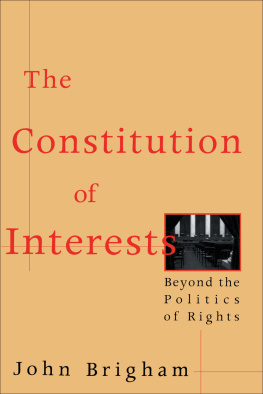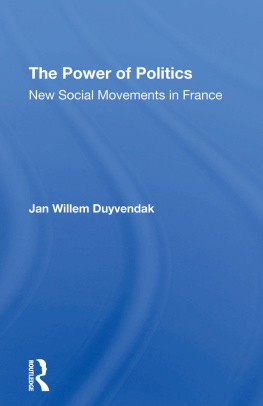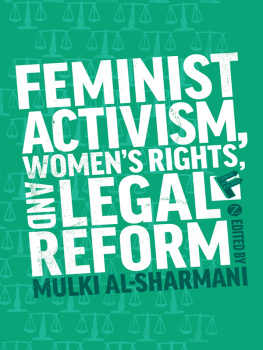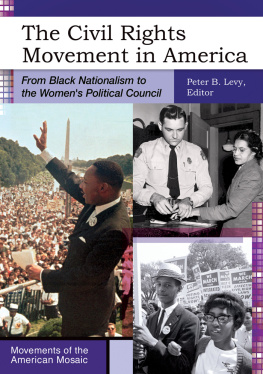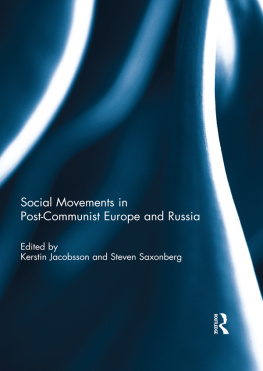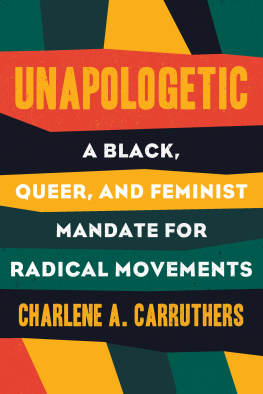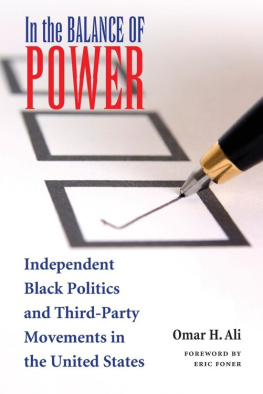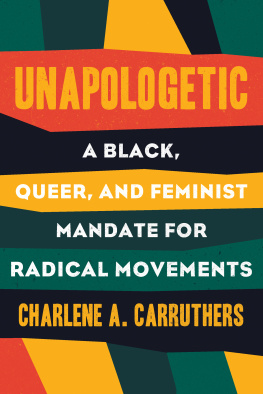Thank you for buying this ebook, published by NYU Press.
Sign up for our e-newsletters to receive information about forthcoming books, special discounts, and more!
Sign Up!
About NYU Press
A publisher of original scholarship since its founding in 1916, New York University Press Produces more than 100 new books each year, with a backlist of 3,000 titles in print. Working across the humanities and social sciences, NYU Press has award-winning lists in sociology, law, cultural and American studies, religion, American history, anthropology, politics, criminology, media and communication, literary studies, and psychology.
The Constitution of Interest
ADVANCE PRAISE FOR THE BOOK
"The Constitution of Interests addresses important issues within the politics of law. More specifically it is concerned to focus attention upon the pervasive institutional reality of legal relations upon the plethora of laws that constitute the politics of the public sphere. John Brigham argues persuasively that law should be understood by reference to the diverse political communities, both radical and conservative which interpret and reproduce its rule"
Peter Goodrich, University of London
A brilliant theory of law, rhetoric, and movement politics. An extremely important book."
Susan Burgess, University of Wisconsin, Milwaukee
Socio-legal scholars with a post-modern sensibility have been developing constitutive conceptions of the law and of legal research for at least the last decade. John Brighams book moves the constitutive enterprise a significant step forward and may indeed have provided it with a founding document. Brigham demonstrates that the constitutive force of the law is both pervasive and contingent. In so doing, he breathes new life into E. P. Thompsons seminal admonition to abandon notions of the law as exclusively a site of domination (or of resistance) and to think instead of law as a contingent arena of conflict."
Stuart A. Scheingold, author of The Politics of Rights
The Constitution of Interest
Beyond the Politics of Rights
John Brigham
NEW YORK UNIVERSITY PRESS
New York and London
1996 by New York University
All rights reserved
Library of Congress Cataloging-in-Publication Data
Brigham, John, 1945-
The constitution of interests: beyond the politics of rights /
John Brigham.
p. cm.
Includes bibliographical references and index.
ISBN 0-8147-1285-1 (alk. paper)
1. LawUnited States. 2. JurisprudenceUnited States.
3. LawUnited StatesPhilosophy. 4. Law and politics.
5. Civil rightsUnited States. I. Title.
KF384.B75 1996
349.73dc20 96-25301
[347.3] CIP
New York University Press books are printed on acid-free paper, and their binding materials are chosen for strength and durability.
Manufactured in the United States of America
10 9 8 76 5432 1
This book is dedicated to Christine B. Harrington Professor, student of theconstitutive, activist, mother, and partner.
Contents
Preface
The Constitution of Interests sets forth a theory of law, rhetoric, and movement politics and applies it to various instances when Americans have organized in the shadow of the law. The interests developed in the following chapters concern gay rights, realism in the legal academy, the remedial response to law called informalism, and the radical feminist antipornography campaign. Each case illustrates the constitutive power of law. The events on which I focus here, such as the closing of the gay baths in San Francisco and the early antipornography movement, transpired roughly ten years ago. The debates about how to understand them continue to occupy social scientists up to the present moment.
This book tries to engage law and politics at the ideological and epistemological levels. The relationship between the two, and their influence on public authority, has been one of my professional preoccupations. Law derives its power from positivism both in jurisprudence and in philosophy. How Americans know what is law and what is politics goes a long way toward determining the structure of authority in this country. Law consists of pronouncements from the sovereignsuch as the protection for abortion emanating from Roe v. Wade. Law is also what we think about the subjects covered by those pronouncementsfor example, that abortion is either a choice or that it is murder. Law is formed in the dynamic tension between official pronouncements and their reception at least as much as it is formed in legislatures and courts.
Liberal legal and political theory typically downplays the power of the law to constitute social relations, including identity, movement politics, and categories of scholarship. As Susan Burgess has said, When scholars base their study of the law on liberal concepts and categories such as pluralism and individual interest, they inevitably fail to see the way that law creates and maintains hierarchy and dominance in society. In addition, when political activists fail to note the power of conventional legal forms, they cannot understand the power of law to shape their interests.
The constitutive approach incorporates the two poles at which most legal theory is situated: the formalist, which assumes that law determines the shape of social life, and the realist, which sees politics and interests driving society. The law may be what the judge says it is. The politics and behavior of judges are certainly central features of law. But we can no more understand the meaning of judicial politics without law than assess judicial behavior without a bench. Law does not need to determine every aspect of life to have a constitutive effect. Law constitutes along with other social forces, like religion, family, and entertainment. The law we find in society we call constitutive. Hence, constitutive work is a level of analysis. By breaking out of the dichotomy between legal and political or between law and social life, we hope to offer a new perspective on politicsone that looks at the places where law matters.
In my work, the law takes a different form for each of the groups examined. There are multiple forms for law, a plurality. These forms depend on perception, which is manifested in social life. At the same time, and unlike some traditional pluralists, I recognize a centrifugal influence in the forms produced by governing institutions. By beginning with rights and ending with radicalism or rage, I have organized the chapters to highlight both the most common conceptions of law and the polar responses to it. In this sense, the constitution of interests takes us beyond a politics of rights. Gays in the first instance and radical feminists in the second each see law as a powerful force in society. Law professors, who profess versions of legal realism, and reformers, who built a network of informal institutions, manipulate the forms of law more instrumentally.
The examples in this book show a mutually constitutive process by which groups seeking to influence the law are themselves influenced by the way they understand it. Law and legal forms constitute social relations and political practice by delineating possible movement action and determining movement practice. For instance, gays who saw themselves in terms of rights turned to this form of law in response to public health measures during the early years of the AIDS epidemic. I demonstrate this constitutive dimension of law through speeches and writings of activists in each movement, under the premise that intelligible communication depends on shared practices. Additionally, linguistic activity depends on a context within which it is possible to delineate who is engaging in the activity and who is not.

